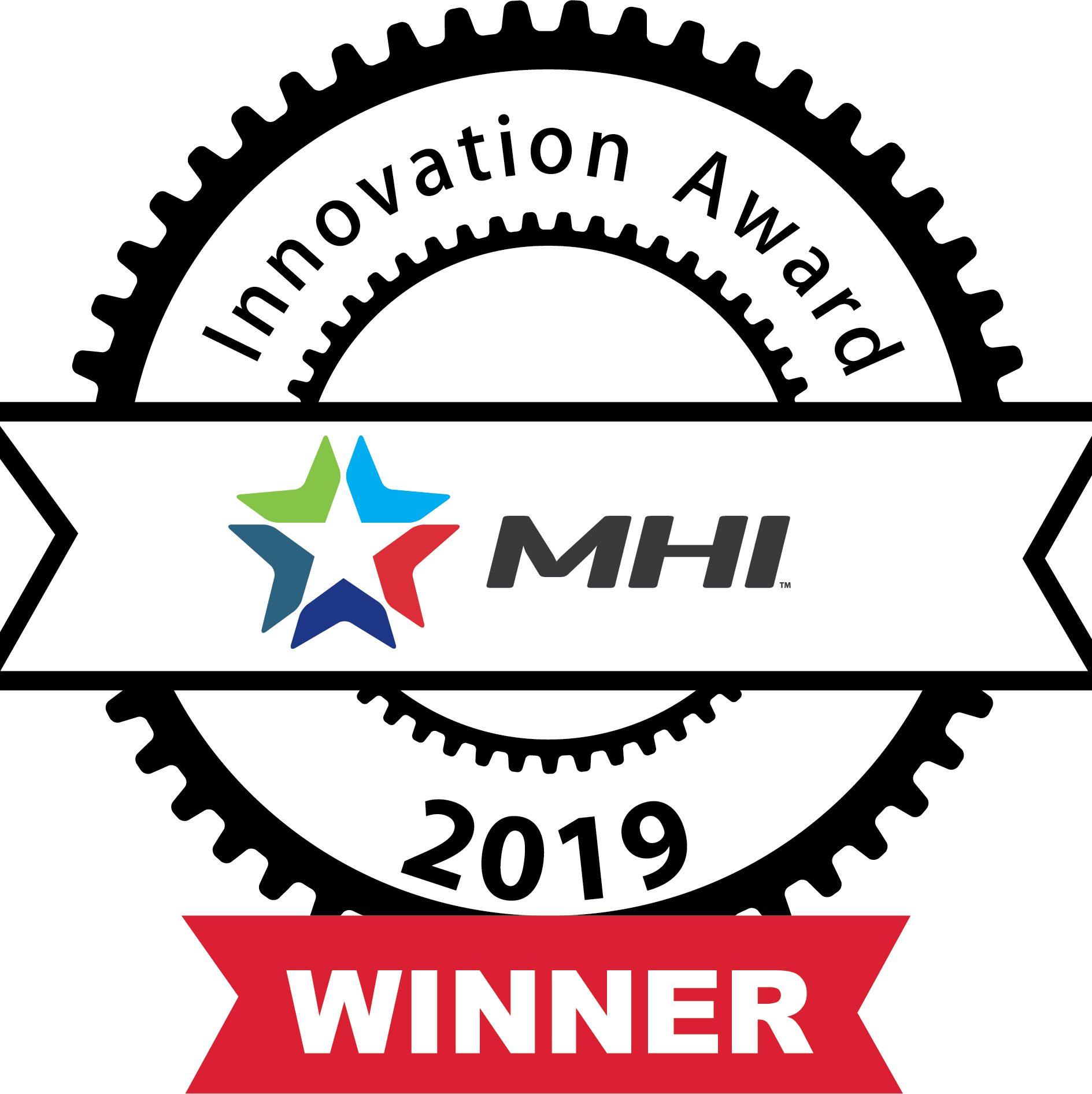Digitalization, globalization, rising customer expectations and the threat of new competitors are major drivers of change. These challenges put logistics companies under constant pressure to adapt. Consequently, there is an ever-increasing need for Operational Excellence. But what is it all about? Why does it make sense for logistics operations to strive for Operational Excellence? And what are the benefits?
Beyond continuous improvement
Logistics companies that want to achieve Operational Excellence need to go beyond streamlining warehouse processes. Organizations first need a detailed understanding of what is relevant and important throughout the entire operation. They cannot regard brands, departments, humans, machinery resources, and environment separately but need to improve processes, services and resources holistically and constantly. However, the concept of Operational Excellence goes beyond continuous improvement. It enables organizations to achieve excellence along the entire value chain.
Sustainable long-term growth
Operational Excellence focuses on sustainably improving performance and on creating value for customers as well as all other stakeholders. Businesses need to consider where they can add value, but also where waste is created. Then, they can determine an ideal flow for systems and the entire operation to pursue process efficiency and effectiveness. Systematic problem-solving methodologies will help them in case they get off course. This approach will ultimately lead to sustainable long-term growth.
Top 3 benefits of Operational Excellence
Lower operating cost
Coordinated strategies that continuously increase the efficiency and effectiveness of processes and procedures lead to a reduction of operating cost and increased revenues. Ernest & Young states that “Operational Excellence efforts usually manifest themselves in increased revenue, due to higher throughput, and lower costs, arising from reduced use of raw materials or less overtime and weekend shifts.” Especially in times of rising labor cost and decreased labor availability, it gets increasingly important for logistics operations to plan resources as accurately as possible. Accuracy, however, does not only mean the right amount of people. It refers to having people with the right skills available at the right times in the right places.
Reduced inefficiencies
When pursuing operational excellence, companies manage their processes systematically and increasingly digitally. Various systems like ERP, WMS, WCS, T&A or CMMS are in place to integrate workflows and minimize interruptions, waste, and inefficiencies. The result is a vast amount of data being generated. This historic and real-time data breaks fresh ground for decision-making. If real-time intelligence can be provided to warehouse managers in a meaningful and supportive way, they can react proactively and even predictively. This allows them to find new ways to optimize all stages of the value chain.
Higher value for customers
A well-executed Operational Excellence strategy will help to exceed customer expectations. The importance of seamless customer experiences is growing rapidly. What is already standard in the fashion industry will cross over to all other sectors: the need to fulfill customer requests at any time, any place and across all product channels. The ability to comply with the complex requirements, will be a main competitive advantage in future.
Navigate to operational excellence
Logistics companies need to compensate against many challenges, among them increasing labor cost and decreasing time-to-market. So, in order to keep cost low, personnel planning should be as accurate as possible. redPILOT’s holistic operational planning feature plans and optimizes all personnel and machinery resources based on demand. This increases the planning quality and reduces the need for over-staffing considerably.
redPILOT’s online bottleneck and overcapacity detection algorithm recalculates and optimizes available resources during operation and proposes action alternatives. Warehouse managers ultimately make the final decision but will already have high quality recommendations based on the data. Machine learning methodologies allow for continuous process model adaptations. This improves service levels, while increasing overall throughput and enabling operational agility.
The redPILOT Operational Excellence Solution is a control tower that navigates operations to sustainable, profitable growth and increasing customer value throughout the entire logistics operation.





